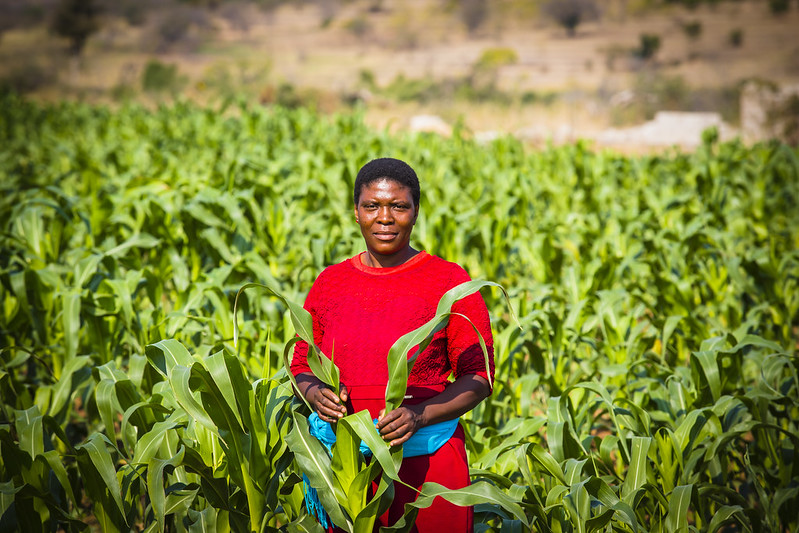The annual event gathers a diverse group of stakeholders to discuss the agricultural challenges facing the continent.
By Phindiwe Nkosi

Prioritizing farmers and ensuring their active participation in shaping the future of agriculture was a unifying call at the Africa Food Systems Forum (AGRF) 2023. A diverse group of policymakers, farmers, entrepreneurs and thought leaders from across the continent gathered to critically discuss the complex challenges facing Africa’s agriculture sector, highlighting innovative solutions, sustainable farming practices and the importance of inclusivity and resilience in the face of evolving global challenges.
Dr. Inga Jacobs-Mata, Regional Representative of the International Water Management Institute (IWMI) Southern Africa and Director of Water, Growth and Inclusion, asked “how do we make sure that no one is left behind?” during a side event on agribusiness acceleration approaches for climate-smart agriculture innovation, resilience, gender and social inclusion. The question served as a powerful reminder of the need to create a more inclusive and equitable agricultural landscape.
This AGRF side-event looked at building better food systems and ensuring inclusive and sustainable value chains with youth and women at the center. “Capital, mentorship and technical assistance are key for agribusiness acceleration. We need this to ensure that we work towards levelling the playing field towards more inclusion,” said Mercy Zulu-Hume, Sustainable Finance Specialist at Alliance Bioversity.
Key takeaways from the session included implementing land reforms that empower farmers, improve access to land and secure land rights; prioritizing infrastructure that enables smallholders to access water for farming and investing in water-saving technologies to enhance efficiency; as well as the introduction of mechanization and digital platforms to optimize labor resources, ensuring that farming remains an attractive and sustainable livelihood.
Speakers noted that scaling farmer-focused initiatives requires access to markets, including implementing market information systems and promoting fair trade practices, investing in farmer education and training programs as well as access to credit, insurance, and financial services.
The AGRF side-event was a collaboration between IWMI, AICCRA, Alliance of Bioversity International and the International Center for Tropical Agriculture (CIAT), 2SCALE, aecf, and Women’s Investment Club, Senegal, and took place in the context of the CGIAR Initiative on Diversification in East and Southern Africa, also known as Ukama Ustawi. The AGRF plays a pivotal role in shaping the future of agriculture on the continent. The 13th Annual Summit took place in Dar es Salaam, Tanzania from September 5 – 8, 2023.

